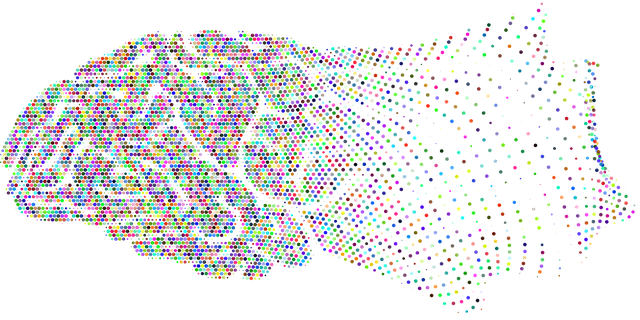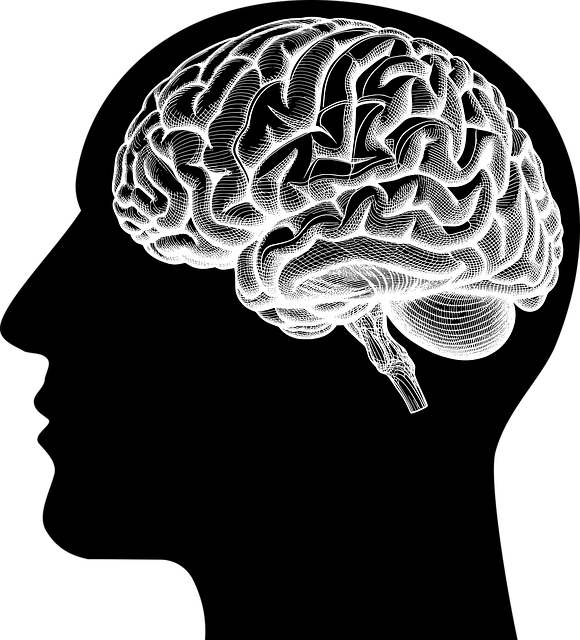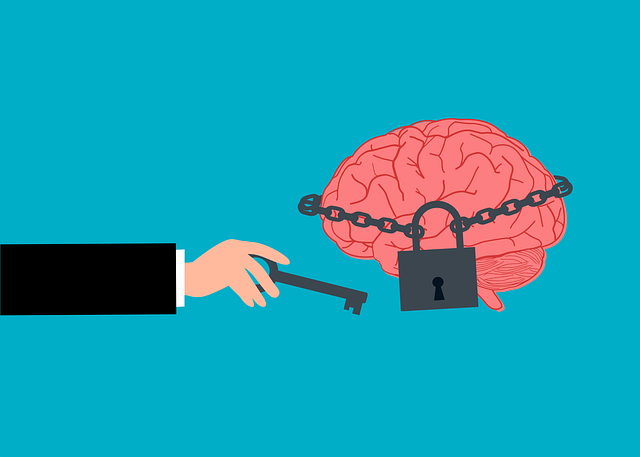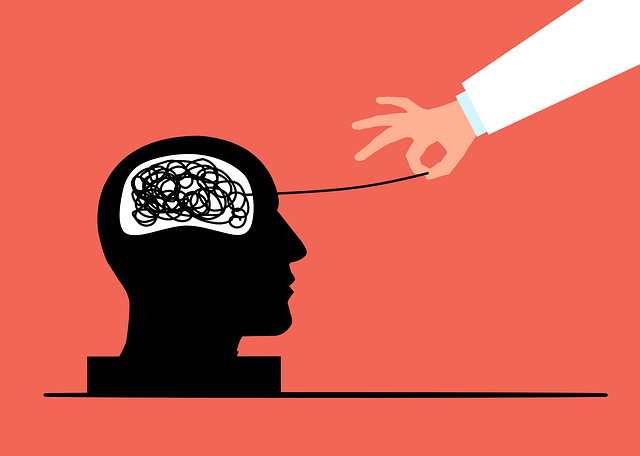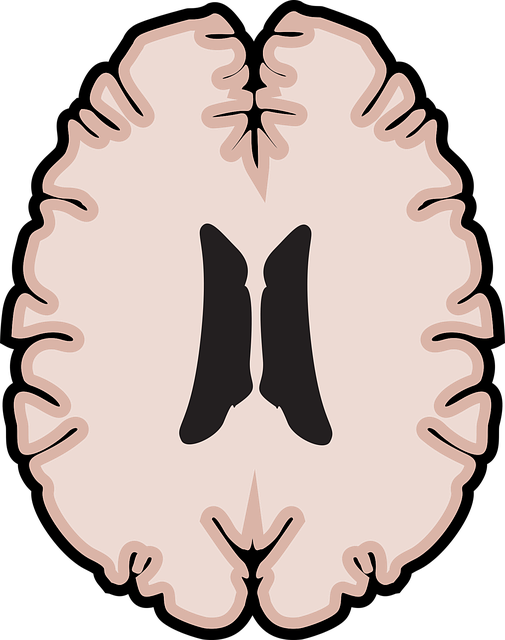In Louisville, independent medical evaluations (IMEs) for therapy are crucial in addressing the mental health needs of a diverse population. Cultural sensitivity is key, as professionals must recognize that mental illness expresses itself differently across various ethnic, racial, religious, and socioeconomic backgrounds influenced by unique cultural contexts. By adapting therapeutic approaches to respect and incorporate clients' cultural beliefs, values, and practices, these evaluators break down barriers, promote inclusivity, and enhance access to quality mental healthcare services for all Louisville residents, including those seeking IMEs and therapy.
In today’s diverse communities, cultural sensitivity in mental healthcare is paramount. This article delves into the complex landscape of cultural diversity within mental health services, focusing specifically on Louisville Independent Medical Evaluations Therapy (LIMET). We explore how cultural differences influence individuals’ journeys towards seeking help and the unique challenges this presents to therapists. By examining ethical considerations and barriers, we highlight the importance of culturally sensitive practices. We offer strategies for LIMET professionals to enhance patient care through evidence-based approaches, training, and inclusive environments, ultimately improving access and outcomes for all Louisville residents.
- Understanding Cultural Diversity in Mental Healthcare
- – Defining cultural sensitivity and its significance in mental health practice
- – Exploring the impact of cultural differences on mental healthcare seeking and treatment
Understanding Cultural Diversity in Mental Healthcare

In Louisville, independent medical evaluations for therapy play a pivotal role in addressing the diverse mental healthcare needs of a varied population. Understanding cultural diversity is essential to providing effective and inclusive care. Mental health professionals must recognize that individuals from different backgrounds, including various ethnic, racial, religious, and socioeconomic groups, can experience mental illness uniquely, influenced by their cultural contexts. This awareness is crucial for navigating complex issues like mental illness stigma reduction efforts and fostering inner strength development within these communities.
Cultural sensitivity involves adapting therapeutic approaches to respect and incorporate clients’ cultural beliefs, values, and practices. It requires a deep understanding of how societal norms and historical experiences can impact mental health. By integrating this knowledge into the design of mental health education programs, Louisville’s independent medical evaluators contribute to breaking down barriers and promoting inclusivity in therapy. Through such initiatives, the city strives to enhance access to quality mental healthcare services for all residents.
– Defining cultural sensitivity and its significance in mental health practice

Cultural sensitivity is a cornerstone in mental healthcare practice that involves understanding and respecting diverse cultural beliefs, values, and practices among patients. It goes beyond simply treating symptoms of mental health disorders; it acknowledges that cultural context plays a significant role in an individual’s overall well-being. In Louisville, where independent medical evaluations and therapy services are prevalent, culturally sensitive care becomes even more critical given the city’s demographic diversity. This approach ensures that healthcare providers can offer tailored support, enhancing the effectiveness of treatment for all patients, regardless of their ethnic or cultural backgrounds.
By incorporating cultural sensitivity, mental health professionals in Louisville can address unique challenges faced by diverse communities. For instance, certain cultures may have different expressions of emotional distress or distinct concepts of mental illness. Effective cultural sensitivity enables therapists and evaluators to recognize these nuances, incorporate them into assessment processes, and design interventions that resonate with patients’ experiences. This not only improves patient outcomes but also fosters trust and collaboration in the therapeutic process, ultimately contributing to the broader goals of Depression Prevention, Mental Health Awareness, and advocacy for equitable Mental Health Policy Analysis.
– Exploring the impact of cultural differences on mental healthcare seeking and treatment

Understanding cultural differences is paramount when it comes to mental healthcare in Louisville. The diverse communities within the city bring a range of beliefs and practices that significantly impact how individuals perceive and seek help for their mental well-being. For instance, some cultures may emphasize community support and family involvement as primary resources, while others might prefer individual therapy or alternative healing methods. This variation can lead to disparities in healthcare access and satisfaction.
When conducting Independent Medical Evaluations (IMEs) or offering Therapy services, it’s crucial to be aware of these cultural nuances. For example, a patient from a community with strong collectivist values may require a more inclusive approach that involves family members in treatment planning, whereas an individual from a more individualistic background might prefer self-care routines and Social Skills Training as part of their Mental Wellness Podcast Series. Tailoring services to respect and incorporate cultural beliefs can enhance the effectiveness of therapy and foster better outcomes for all patients, ensuring everyone receives care that aligns with their unique needs and backgrounds.
Cultural sensitivity is an indispensable aspect of providing effective mental healthcare, especially in diverse communities. By recognizing and respecting cultural differences, Louisville Independent Medical Evaluations Therapy can ensure that individuals from various backgrounds receive tailored support. Understanding these nuances enhances the overall therapeutic process, making it more inclusive and accessible. Embracing cultural sensitivity not only improves patient outcomes but also fosters trust and strengthens the bond between healthcare providers and clients.


